Researchers have discovered a single-molecule “switch” that can act like a transistor and offers the potential to store binary information.
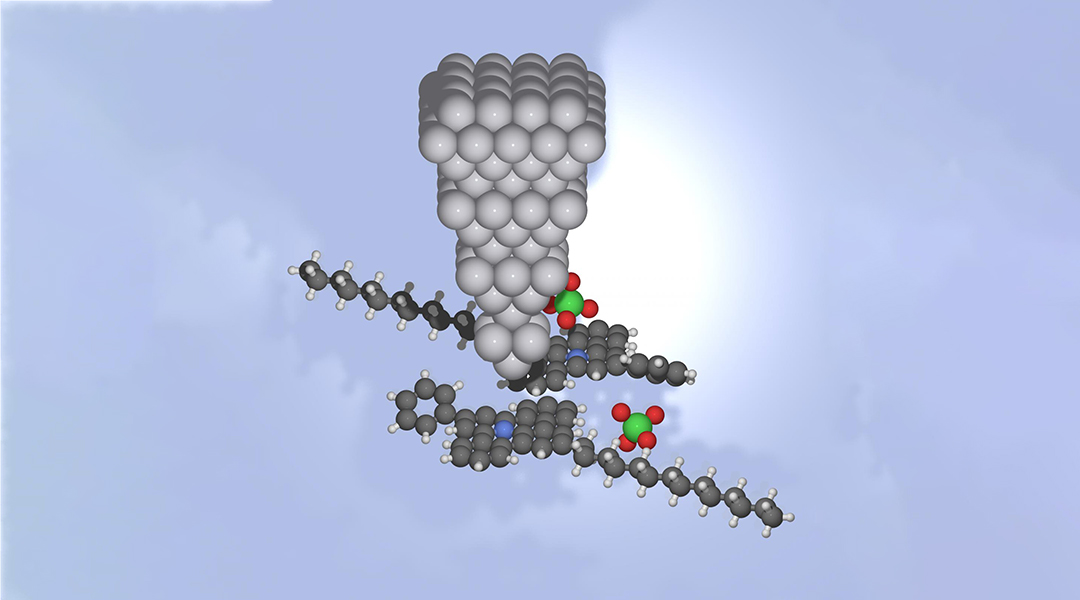

Researchers have discovered a single-molecule “switch” that can act like a transistor and offers the potential to store binary information.
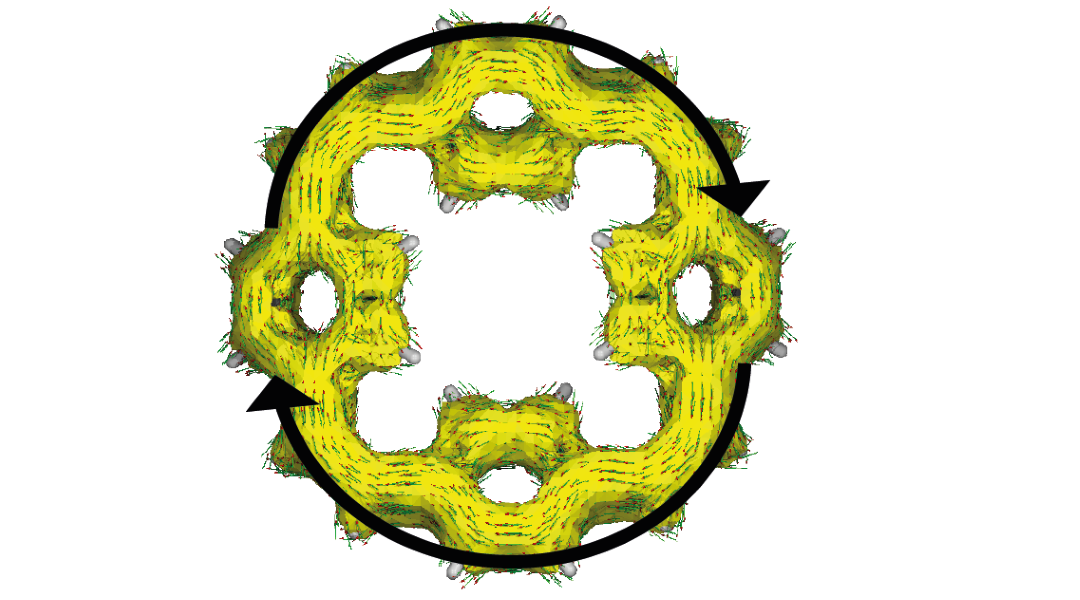
Researchers have created a fast-charging battery prototype that uses sodium instead of lithium, and macrocycles to store the chemical energy.

Researchers use hot water and pressure to circumvent the need to use toxic chemicals in the production of organic plastics.

Chemists from the University of Bonn and the USA use inexpensive and non-hazardous titanium to replace expensive and toxic catalysts.
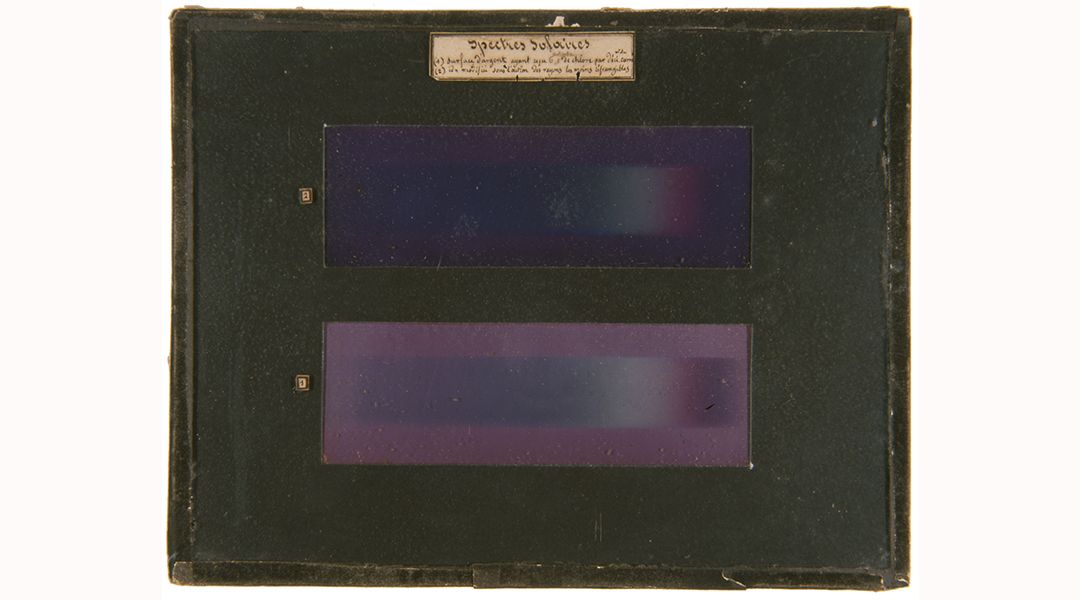
Mystery solved! Scientists finally understand the origin of the colors observed in the first color photographs taken by physicist Edmond Becquerel in 1848.

Researchers have developed a new method for creating chains of molecular rings with unparalleled sophistication.
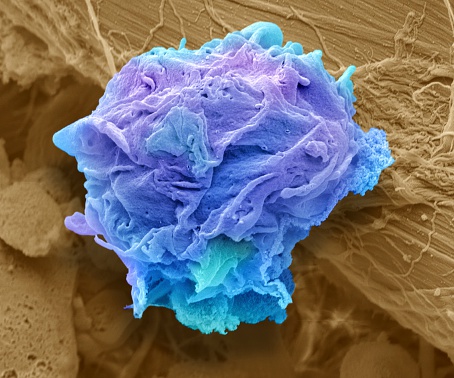
One drug, three modes of action: Clinicians combat the drug resistances of some cancer types by using a combination of different drugs.

A new route to synthesize plastics not only moves away from fossil fuels but enhances the likelihood of recycling.
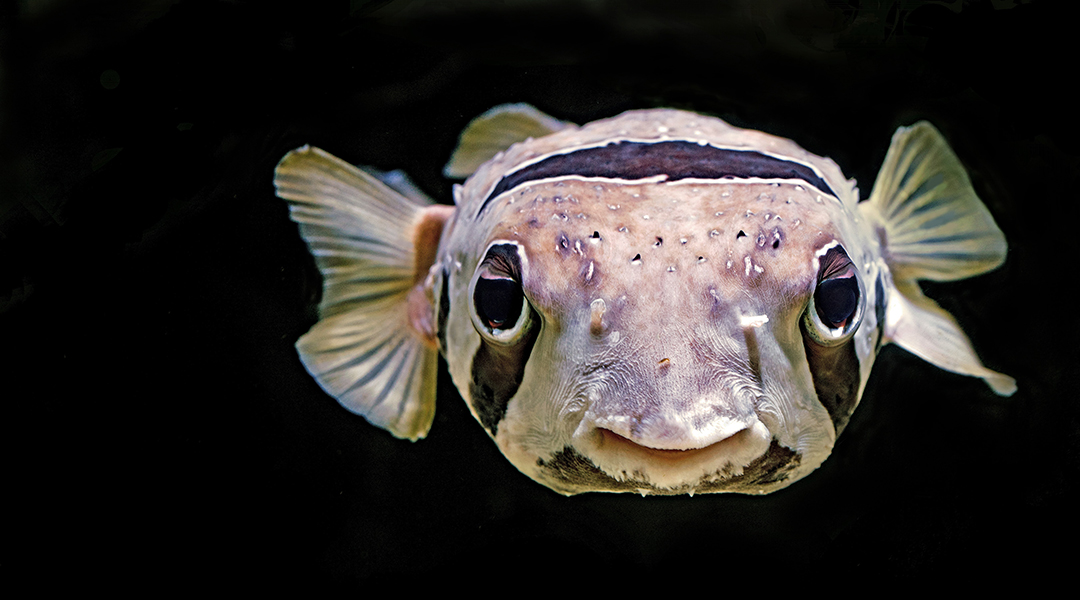
Scientists create a new route for the total synthesis of tetrodotoxin, a molecule in puffer fish that has promising medicinal benefits, such as pain relief.
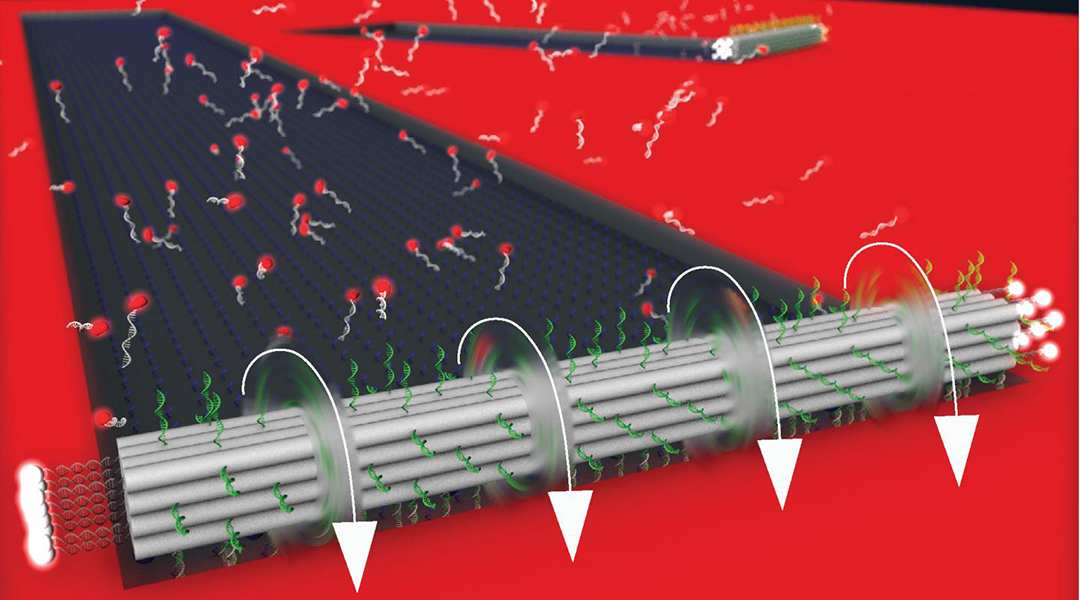
Scientists pave way for nanobots to one day diagnose and treat disease with the first DNA-based motor to run on chemical energy.